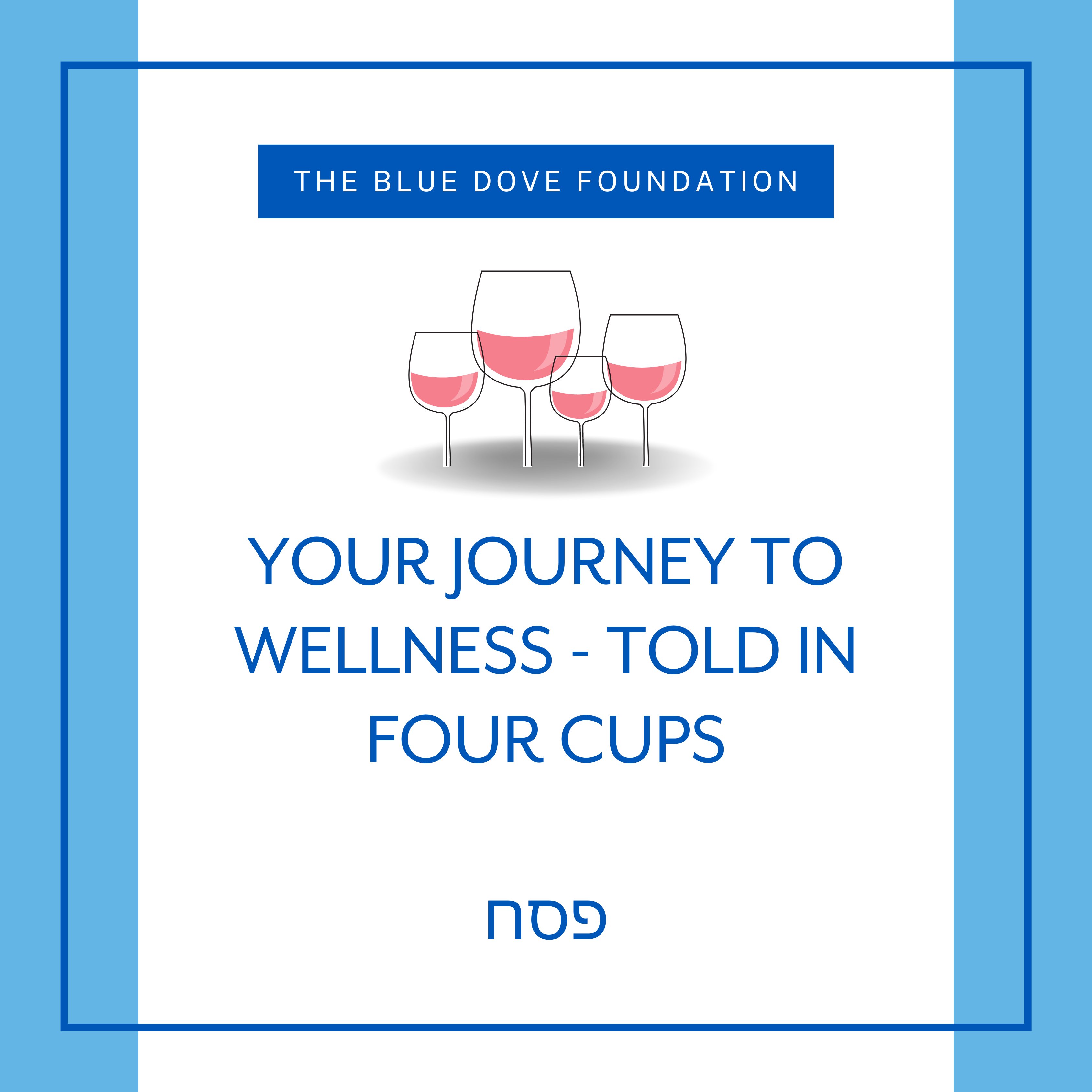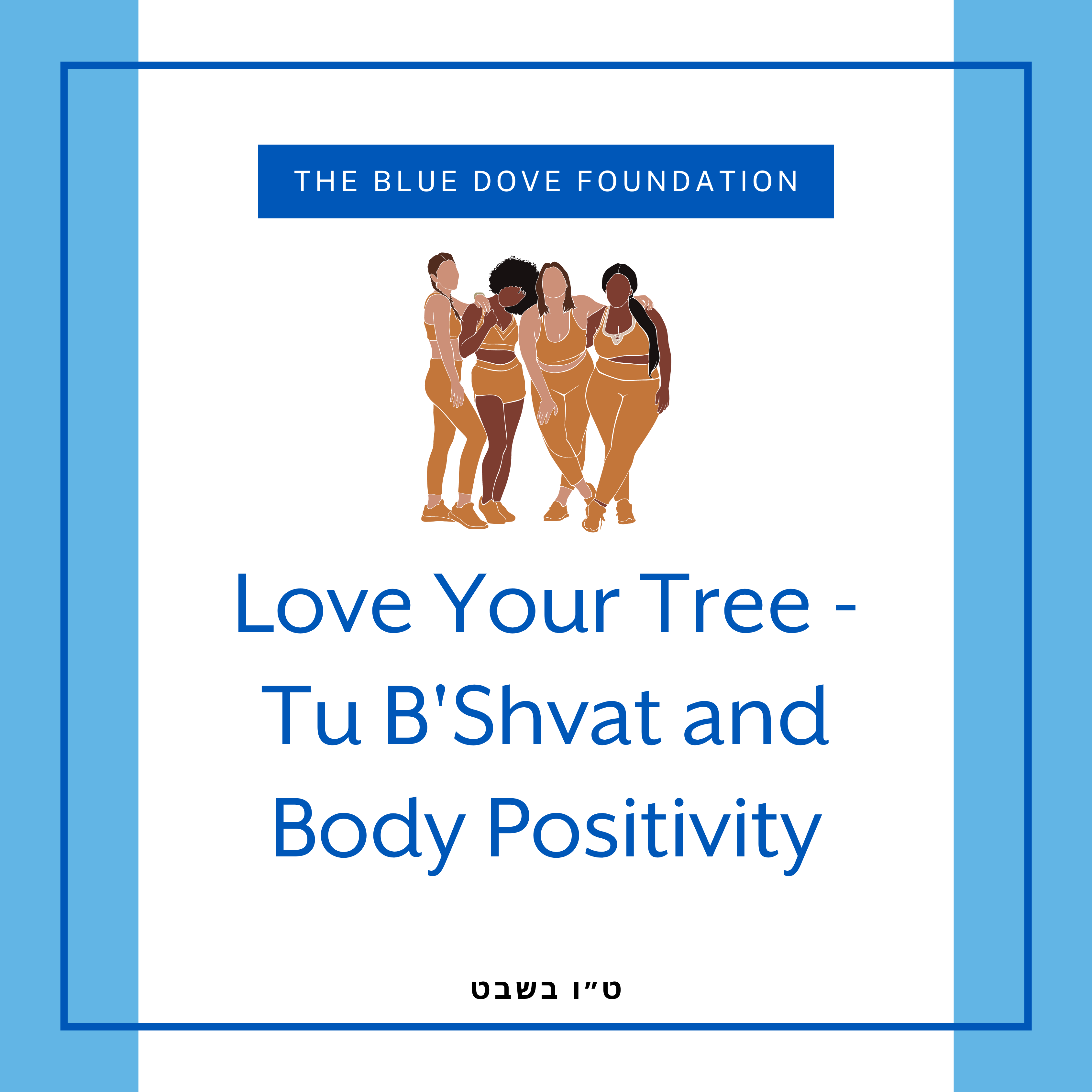Why do we drink four cups at the Seder? Traditional Jewish sources associate the four cups of wine with the four terms used by God in their promise to save the Jewish people from slavery, which has additionally been understood to be references to the different stages of redemption on our journey to freedom. In this resource, we ask ourselves if, as we drink the four cups during the Seder, we can think about and feel grateful for the steps that we have taken, are taking, or can take as we escape our personal Egypts.










